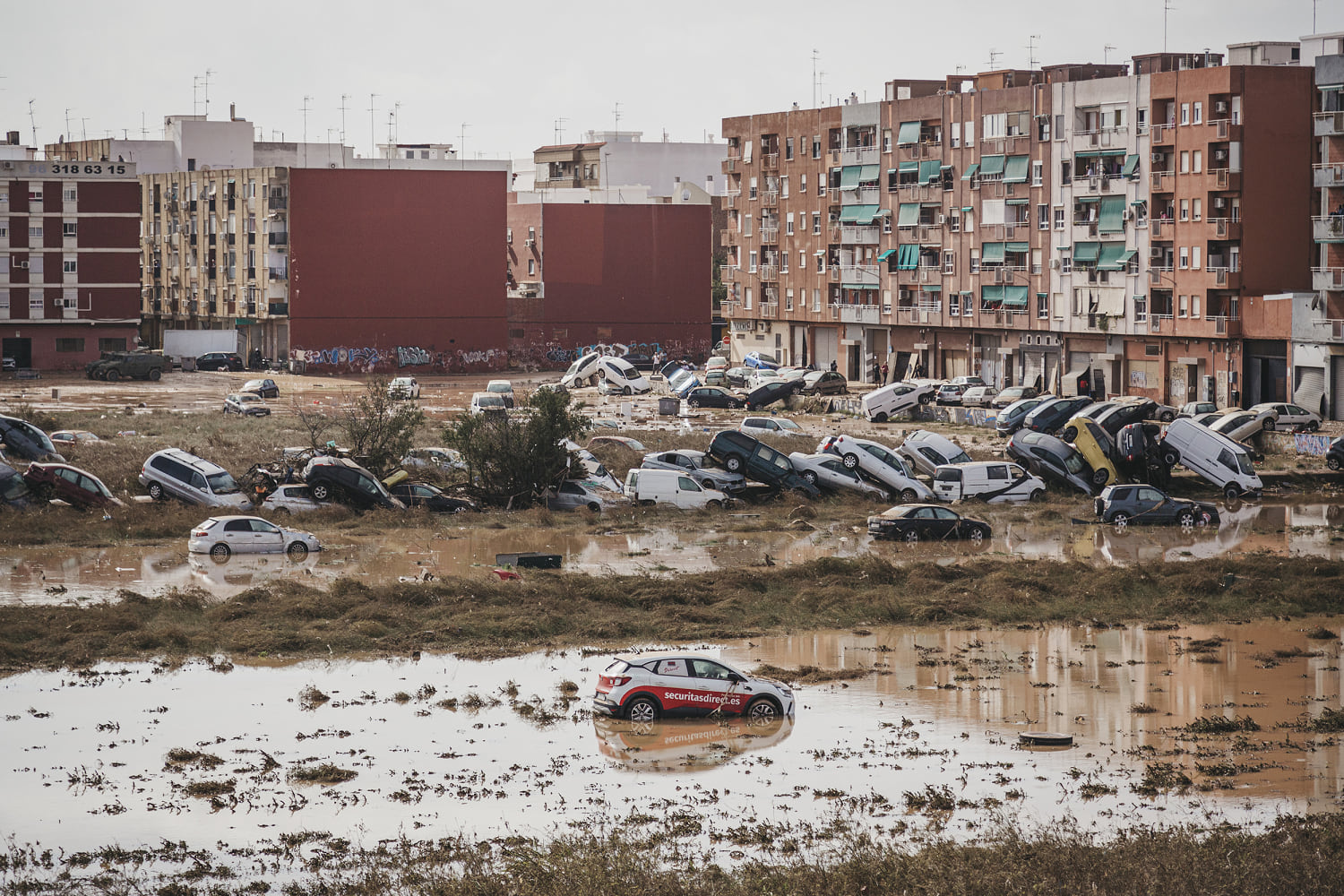
The tragedy has unleashed a wave of local solidarity. Residents in communities like Paiporta — where at least 62 people died — and Catarroja have been walking kilometers (miles) in sticky mud to Valencia to get supplies, passing neighbors from unaffected areas who are bringing carry water, essential products, shovels or brooms to help remove the mud. The large number of people coming to help has led the authorities to ask them not to drive there, because they block the roads needed by the emergency services.
In addition to the contributions of volunteers, associations such as the Red Cross and town councils are distributing food.
And as authorities repeat over and over, more storms are expected. The Spanish weather agency issued alerts for strong rains in Tarragona, Catalonia, as well as part of the Balearic Islands.
Meanwhile, flood survivors and volunteers are engaged in the titanic task of clearing an omnipresent layer of dense mud. The storm cut power and water services on Tuesday night, but about 85% of 155.000 affected customers had their power back on by Friday, the utility said in a statement.
“This is a disaster. There are a lot of elderly people who don’t have medicine. There are children who don’t have food. We don’t have milk, we don’t have water. We have no access to anything,” a resident of Alfafar, one of the most affected towns in south Valencia, told state television station TVE. “No one even came to warn us on the first day.”
Juan Ramón Adsuara, the mayor of Alfafar, said the aid isn’t nearly enough for residents trapped in an “extreme situation.”

